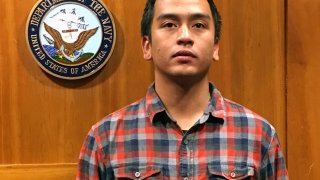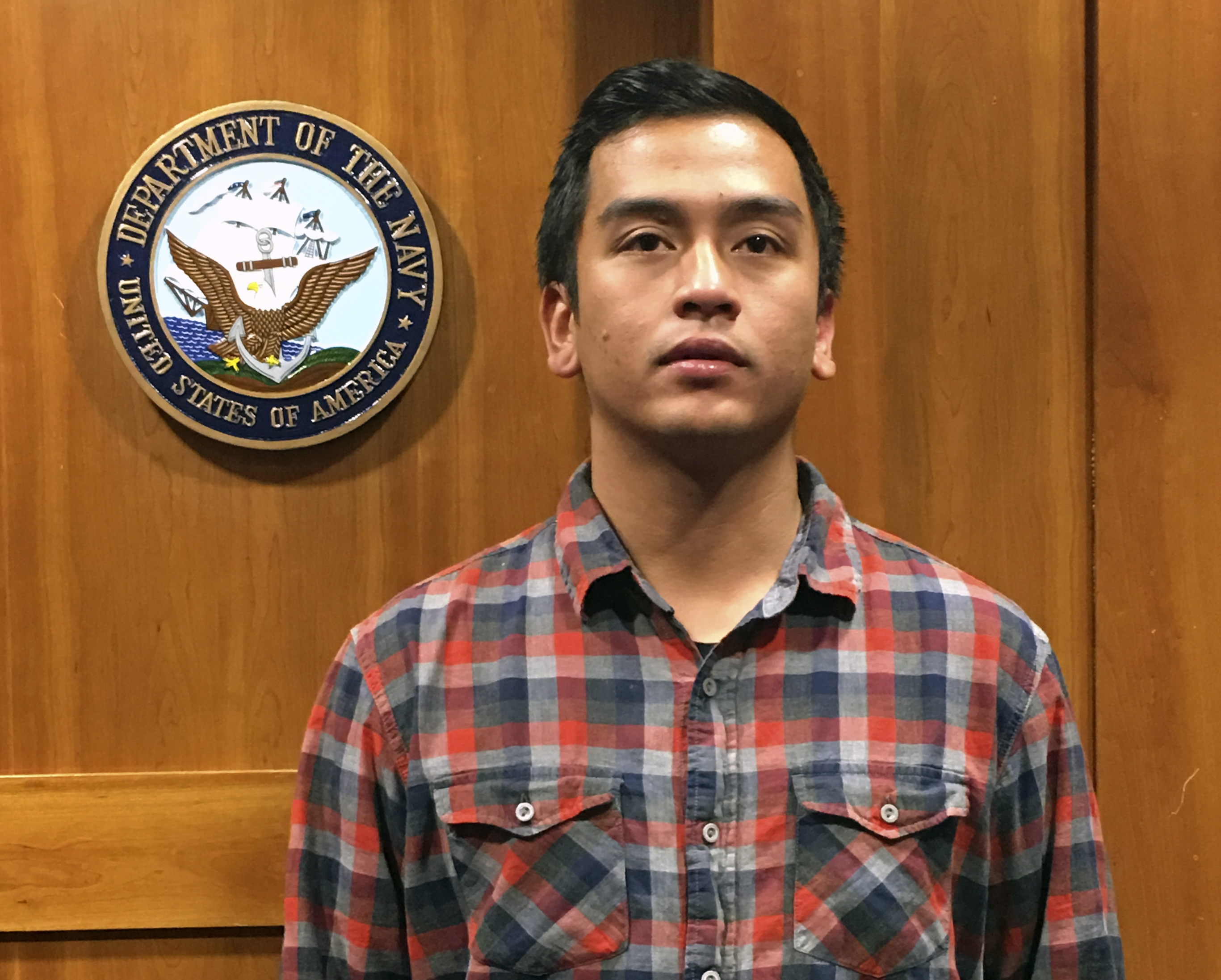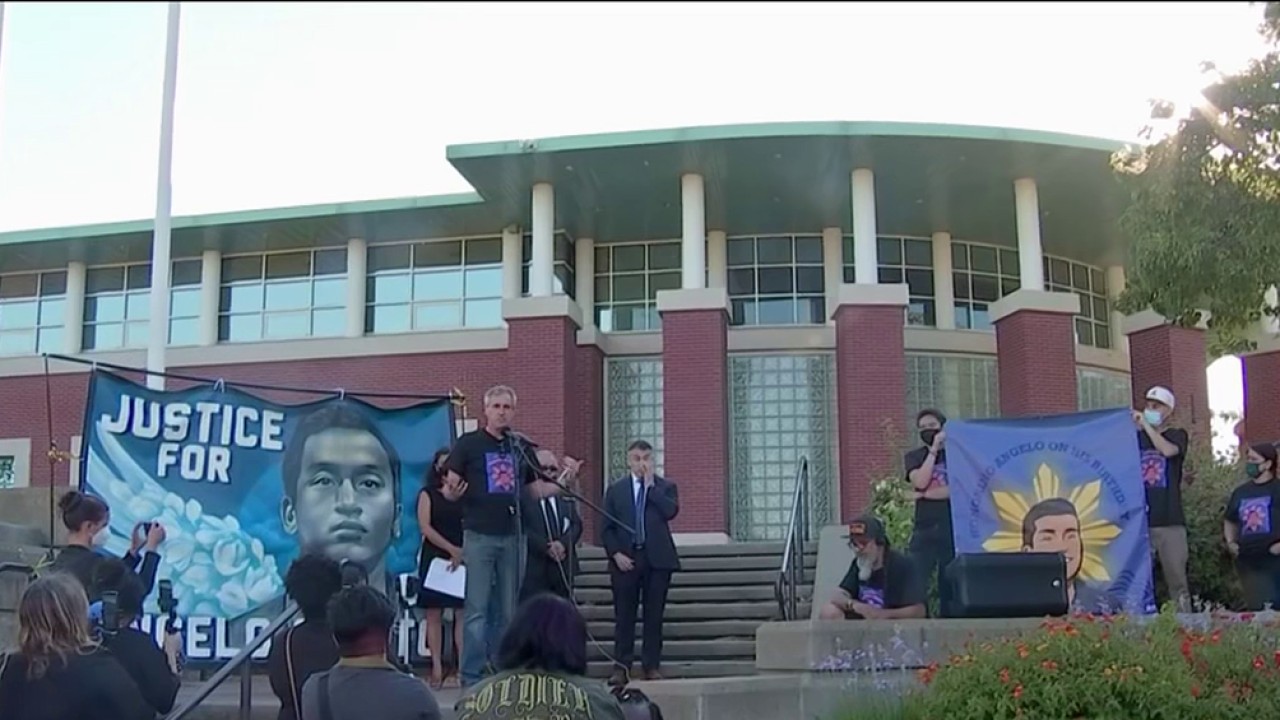
A decision by the Contra Costa County District Attorney not to file charges against officers involved in restraining an Antioch man who later died will be reviewed by California Attorney General Rob Bonta's office, officials said Wednesday.
Angelo Quinto was a 30-year-old Filipino American veteran suffering from a mental health crisis on Dec. 23, 2020, when Antioch police arrived at his home. Officers were responding to a report that Quinto was having a dispute with his mother. The officers restrained him, kneeling on his shoulder, securing his legs, handcuffing and eventually called for an ambulance to take him to a hospital, according to a report from Contra Costa County District Attorney Diana Becton.
When paramedics arrived, Quinto's face "was purple in color, there was blood on his face and the floor, and he was unresponsive." They began life-saving efforts and he was taken to a hospital, where he later died.
Becton announced last week that her office wouldn't file charges against the officers involved in Quinto's death.
Cassandra Quinto-Collins, Angelo Quinto's mother, spoke at a news conference Wednesday outside the state building in Oakland, where the attorney general maintains an office.
She accused Becton of being part of a coverup surrounding her son's death, saying, "What you did last Friday feels like Angelo was being killed in front of me again."
Contra Costa County prosecutors allege Quinto died from drug intoxication and the medically-disputed "excited delirium syndrome."
But his family, and their attorney John Burris, disagree.
The American Medical Association said in 2021 "that current evidence does not support 'excited delirium' as an official diagnosis, and opposes its use until a clear set of diagnostic criteria has been established."
Get a weekly recap of the latest San Francisco Bay Area housing news. Sign up for NBC Bay Area’s Housing Deconstructed newsletter.
About 40 people attended the news conference at the downtown Oakland state building, many carrying signs in support of the Quinto family.
Bonta's office confirmed Wednesday afternoon that the attorney general would review Becton's decision not to charge the police officers in the case.
"The AG stated today they will conduct an abuse of discretion review of the CCCDAO's report on Angelo Quinto," Ted Asregadoo, spokesperson for the Contra Costa County District Attorney's Office said.
Becton's office identified the officers who were involved in the restraint as Daniel Hopwood, Nicholas Shipilov, James Perkinson and Arturo Becerra.
The decision by Becton "was a clear miscarriage of justice," Burris said at the news conference.
Becton's report said that an autopsy by Dr. Ikechi Ogan showed that Quinto had caffeine, Modafinil and Levetiracetam in his system, none of which is illicit.
Modafinil treats sleep disorders and Levetiracetam is an antiepileptic drug.
The autopsy performed on behalf of Quinto's family said Quinto died from asphyxiation, which Burris said "was not given due consideration."
Although an initial autopsy showed the drugs Modafinil and Levetiracetam in Quinto's system, the private autopsy commissioned by his family also showed fentanyl in his system.
Burris maintains doctors gave Quinto fentanyl in the hospital.
Becton's report says Ogan stood by his conclusion that Quinto died of "excited delirium syndrome due to acute drug intoxication with behavior disturbances, also due to arrest related death with physical exertion."
Ogan commented that the prone position Quinto was in and the weight the police officers placed on Quinto's back "may have played an additional role," according to Becton's report.
Burris said that Becton fit the facts to a previously drawn conclusion.
A civil case against the four officers and the city of Antioch is pending, Burris said.



